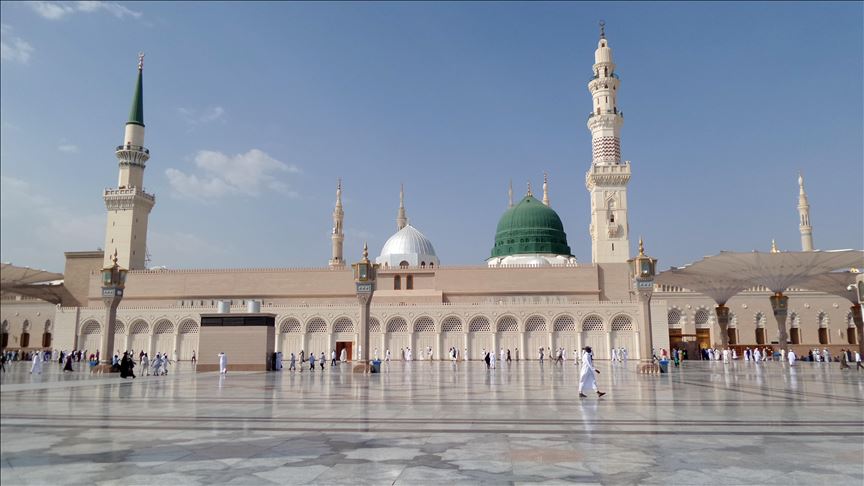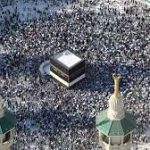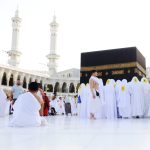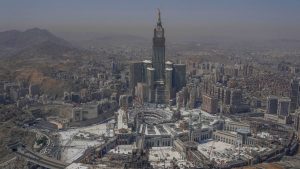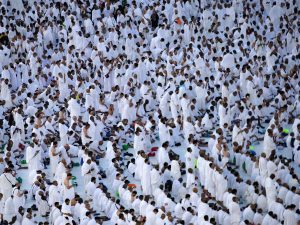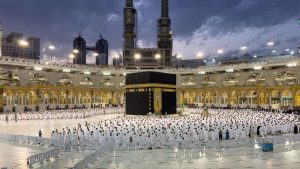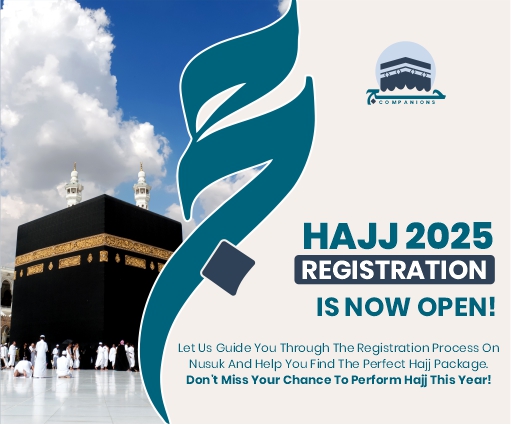Each year, Makkah receives millions of Muslims from every part of the world. The gathering of millions of Muslims in one place can give rise to many health issues. For the safety of every pilgrim, the Saudi Ministry of Religious Affairs has issued health requirements for pilgrims. Hajj Companions carefully designed Hajj Packages with guidelines to ensure pilgrims follow these guidelines. These guidelines by the Saudi Ministry emphasize the importance of physical and mental preparedness for this religious journey. In this blog, you will learn about the latest health requirements by Saudi authorities and how pilgrims can have a safe and peaceful Hajj experience. It will also discuss how Hajj Companions’ designed Hajj packages 2025 comply with these guidelines.
Understanding the Hajj Guidelines
The guidelines set by the Saudi Ministry focus on the physical fitness and well-being of pilgrims. Every pilgrim needs to follow these guidelines. The specific conditions included in these guidelines may disqualify individuals from participating in Hajj.
- Advance Kidney Failure
Pilgrims who are taking hemodialysis or peritoneal dialysis are not permitted to travel for Hajj 2025. The physical challenges of Hajj, such as walking long distances, standing for an extended duration, and intense heat, can be fatal for pilgrims with underlying health conditions.
- Advance Heart Failure
Individuals with heart conditions that can show up even at rest or with minimal walking are unfit for the journey. Transporting a pilgrim with a medical emergency to a medical facility can take time, and this delay can be fatal for the pilgrim.
- Chronic Lung Diseases
Individuals who rely on a continuous oxygen supply are ineligible to get a Hajj visa. The Hajj sites are on different terrains, some offering high-altitude travel and crowded conditions that can make breathing difficult for the individual.
- Advanced Liver Cirrhosis
Individuals with severe liver conditions like ascites and variceal bleeding are not allowed to travel to Mecca for Hajj. The travel and physical exhaustion can make it unsafe for individuals with such severe conditions.
- Severe Neurological and Psychological Conditions
Individuals with mental impairments or severe motor disabilities that hinder their ability to perform rituals are not allowed to participate.
- Elderly with Dementia
Individuals with Dementia have short memory, fail to understand or speak properly, and other thinking abilities are affected severely, which can make them unable to perform daily activities. Elderly individuals with Dementia need constant assistance at every step.
- Pregnancy
Pregnant women in their last two months or with high-risk pregnancies are not permitted to perform Hajj. As Hajj is a physically demanding journey that can create complications that can be fatal for a mother and her baby. That’s why pregnant women in the last stages of their pregnancy are not allowed to perform Hajj.
- Active Infectious Diseases
Individuals with diseases such as tuberculosis or hemorrhagic fevers are not permitted to perform Hajj as they can be the reason for transmitting the disease to healthier persons.
- Cancer Patients
Cancer patients taking chemotherapy or other cancer treatments are not fit to travel to Mecca for Hajj.
- Children Under 12 Years
Children under 12 are not allowed to participate in Hajj activities. Children often get lost and distract parents and other pilgrims, creating a disturbance.
Mandatory Vaccinations for Hajj 2025
The guidelines also emphasize the importance of vaccinations to protect pilgrims from preventable diseases. Vaccinations include:
- Neisseria Meningitidis Vaccine (to prevent meningitis)
- SARS-CoV-2 (COVID-19) vaccine
- Seasonal Influenza Vaccine
- Poliomyelitis Vaccine
Why These Guidelines Are Essential?
Hajj is a physically demanding journey. Pilgrims walk for long hours in extreme weather, stay in crowded areas, and perform physically demanding rituals. For individuals with underlying health conditions, these factors can lead to serious complications. The guidelines are made to:
- Protect the health of the pilgrims
- Minimize the risk of spreading infectious diseases
- Ensure a smooth and stress-free pilgrimage experience
Tips for Pilgrims Preparing for Hajj 2025
Here are some tips to help pilgrims ensure a safe and smooth experience:
- Complete Health Check-Ups
Visit your doctor well in advance to have a better idea of your health condition. Address any health concerns and pack sufficient medicines.
- Stay Vaccinated
Follow the mandatory vaccination schedule and keep the certificates handy. These are often required during travel checks.
- Choose the Right Package
Choose the right Hajj Packages 2025 that prioritizes health services and offers adequate support for your physical and spiritual needs.
- Stay Hydrated and Eat Well
Pack light snacks and drink plenty of water during the pilgrimage to avoid dehydration and fatigue.
- Plan for Emergencies
Keep a small first-aid kit and your medical documents accessible at all times.
Choose Package After Great Research
When choosing Hajj packages for Hajj 2025, check if they include:
- Accommodation closer to key Hajj sites for minimum travel time
- Quality accommodations with neat and clean hotel rooms
- Inclusion of knowledgeable guidance
- Reliable transportation between sites
Conclusion
The health requirements for Hajj Packages 2025 show the importance of physical and mental preparedness for this sacred journey. Pilgrims can focus on their spiritual goals without worrying about logistical challenges by following these guidelines and selecting a package through trusted providers like Hajj Companions. Their Hajj Packages 2025 include every facility needed for a seamless Hajj experience.
